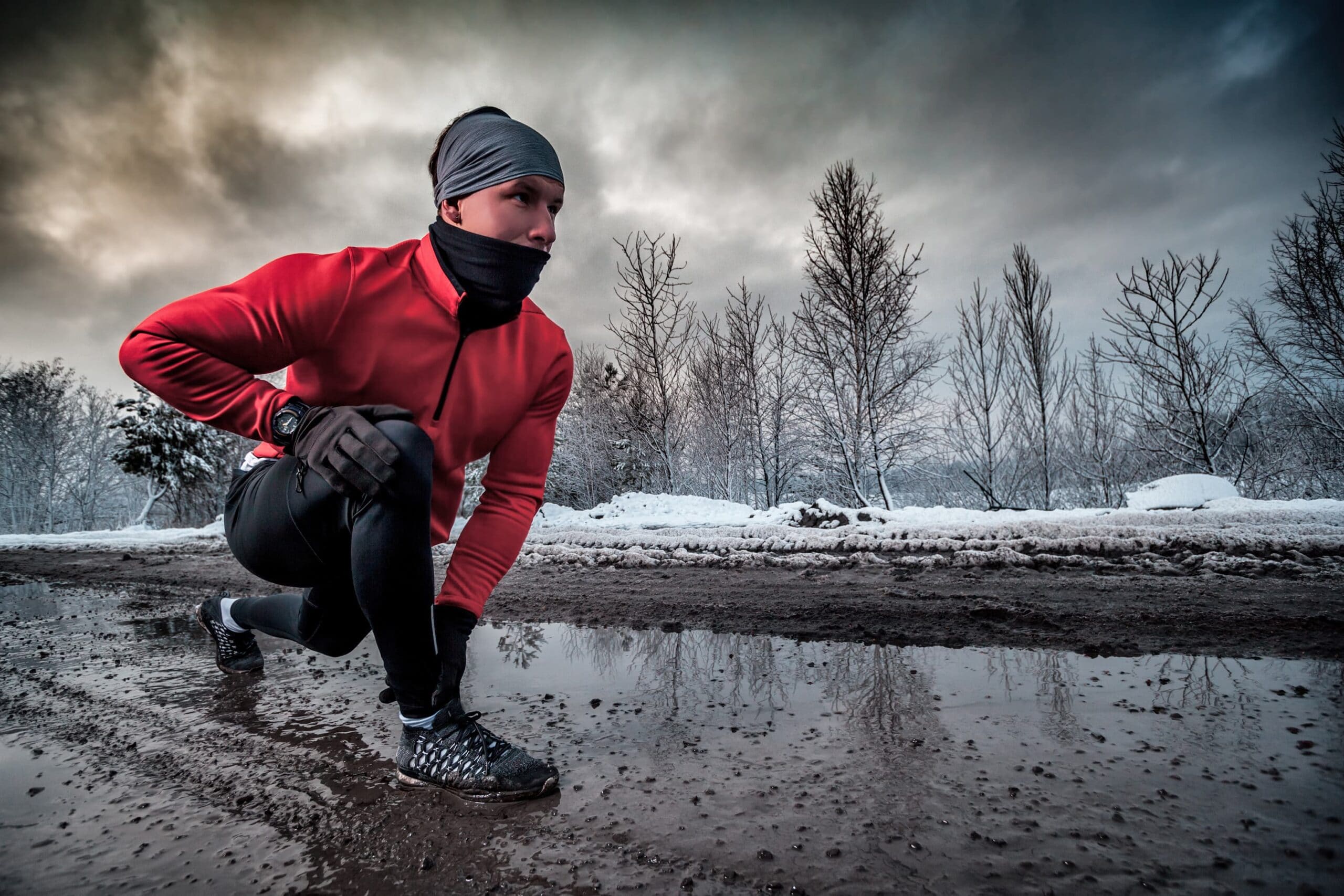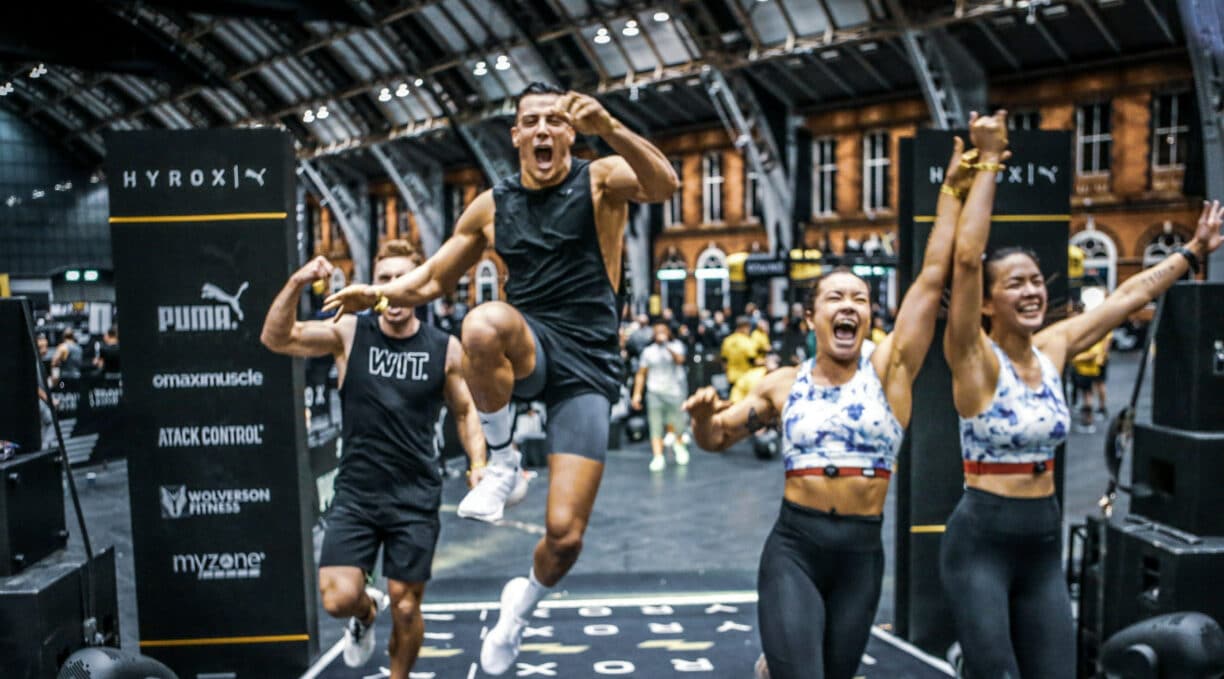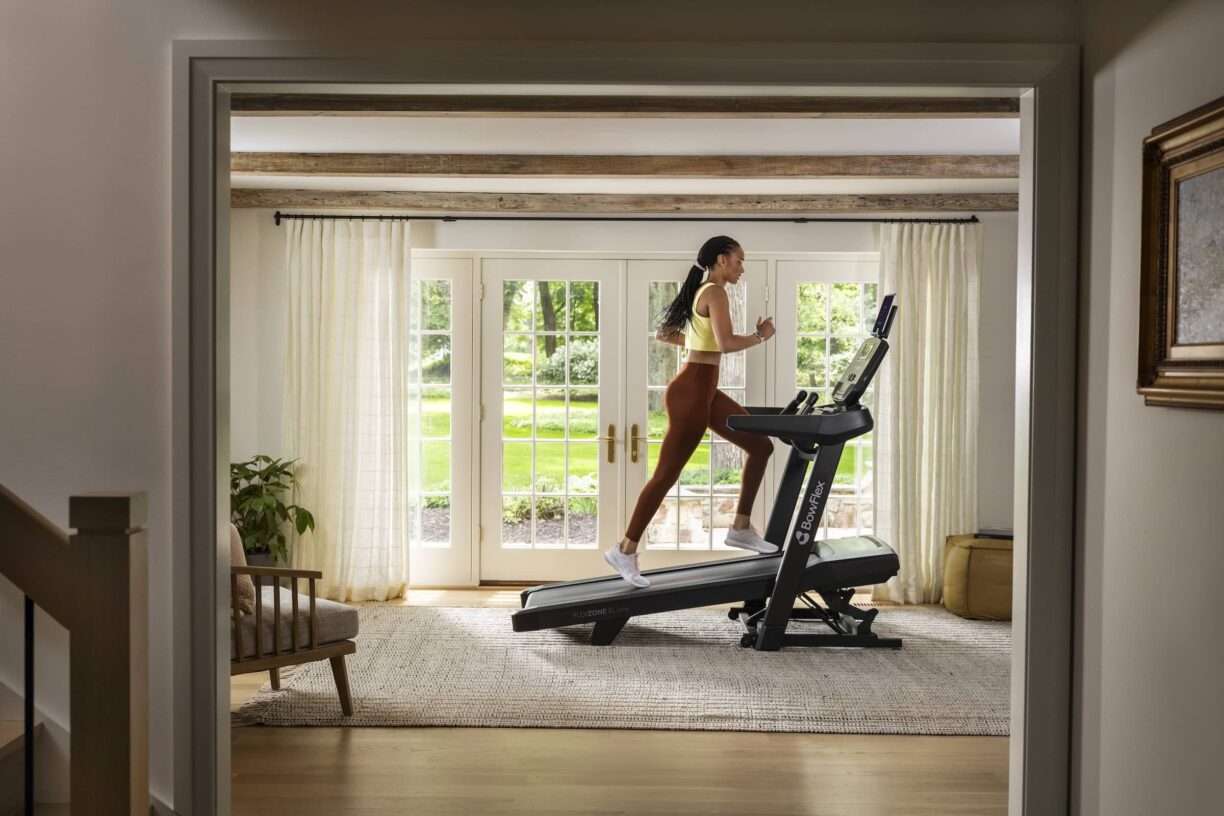Whether you’re a cyclist, runner, triathlete, or just trying to hit your 2021 fitness goals, training and nutrition must stay consistent throughout the seasons for optimal results.
However, variables that are completely out of your hands – like the weather – can massively impact your performance and motivation.
Nights are long, days are short and the UK’s winter weather certainly isn’t inviting, so there is no denying that even the more committed among us find these conditions challenging.
But, on a positive note, the shortest day this winter is now well and truly behind us and therefore this is a brilliant opportunity to look to the future, set new goals and adapt training to truly get ahead of the curve and achieve your personal best.
To help you reach your personal best and hit those fitness goals, William Hill has revealed winter hacks for a variety of sports including cycling, football, rugby, and tennis.
As the saying goes, ‘winter miles turn to summer smiles’!
And for more tips and to find out how professionals adapt to different conditions, visit https://news.williamhill.com/weather-effect/
The top tips per sport are detailed below:
Football:
When it comes to training in colder conditions, the body’s centre competes with the muscles for blood flow, which – for multiple reasons – can hinder performance and even cause unwarranted muscle strain.
Also, people often dehydrate in colder conditions, so to overcome this drink 8 ounces of water every 15 minutes and wear clothing which keeps your body at a comfortable temperature.
Cricket:
Cricket is prominently a summer sport, so when cold spells do appear, use this time to go to the gym and build strength, power, endurance, and technique.
Regardless of it being wet, snowing, freezing, or raining, all of these conditions affect visibility which can lead to accidents. With low visibility also comes thicker air density, this will impact how the ball moves through the air.
Cycling:
In crisp and bitter weather, Just one degree in muscle temperature leads to a 10% drop in performance, wear several layers and gloves when it’s cold to prevent heat loss.
Golf:
Freezing temperatures lead to greater air density, so the ball needs more velocity than it would if the conditions were warmer, keep this in mind when taking your shot.
Horse Racing:
In Winter temperatures go for a warm-up jog and drink a hot drink to keep heat levels up prior to horse riding and choose clothing wisely so wear plenty of breathable layers.
Also, keep your horse warm by blanketing them, this will ensure their muscles remain loosened up and perform better.
Wet weathercan affect the horse’s footing and lower visibility. Notice how your horse is responding underfoot and decide what is best for you and your horse on that day.
Be sure to keep both you and your equestrian partner as visible as possible.
Rugby:
Training in wet weatherisn’t always a hindrance in rugby, but it can cause the body to drop in temperature rapidly, so make sure you have dry clothes to change into during half time.
Tennis:
The wind can throw off the toss on serves, which makes it harder to control and reduces the chances of a successful serve.
Shots require more power to cut through the wind, so keep this in mind when taking your shot.
For more information, including an interview with triathlon star Jonny Brownlee, go to https://news.williamhill.com/weather-effect/





